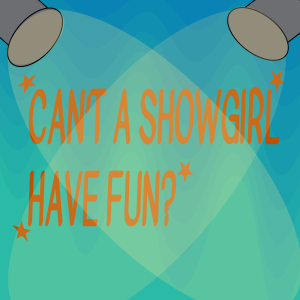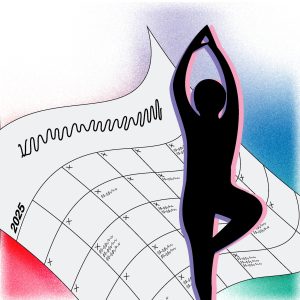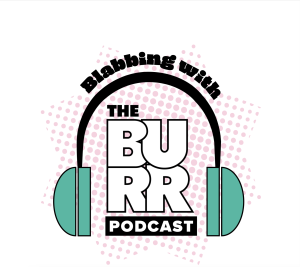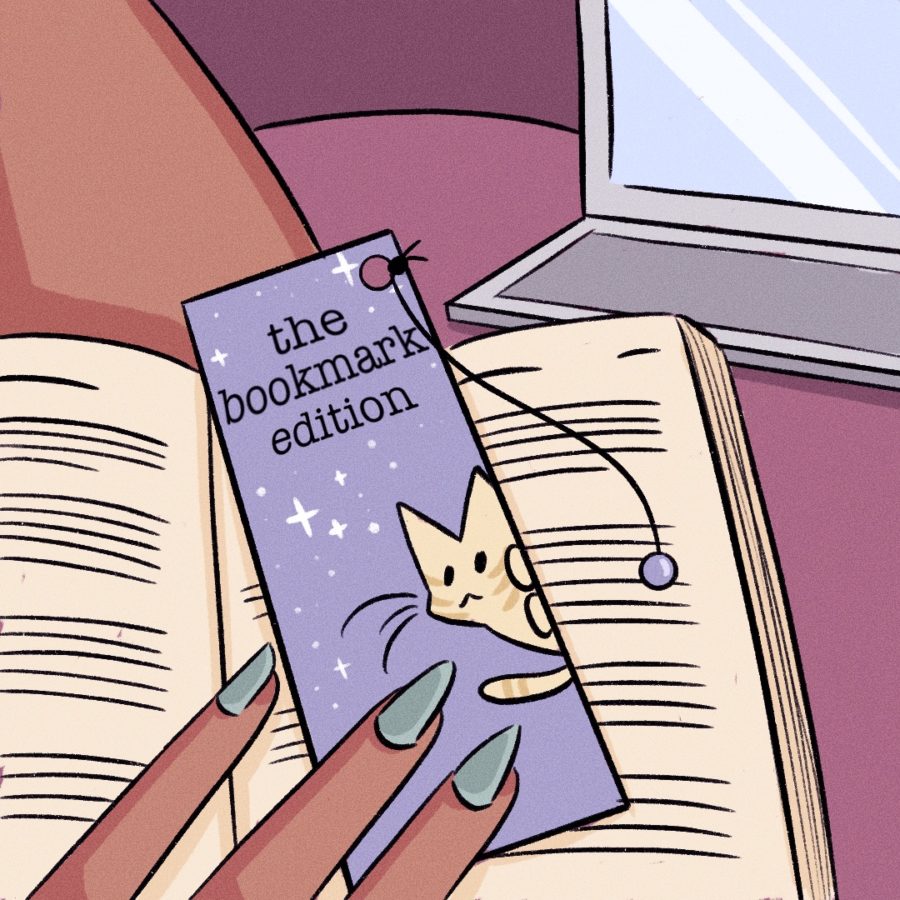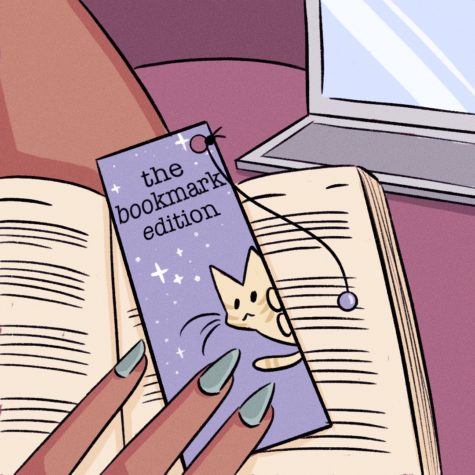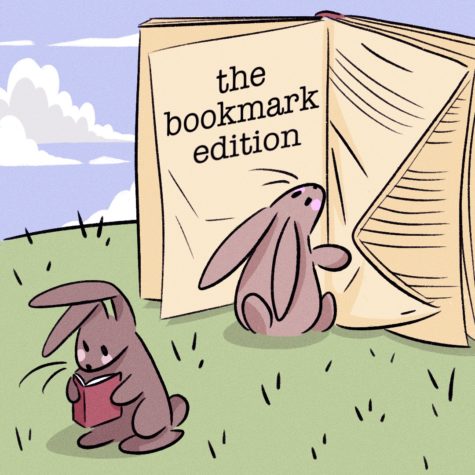Chapter 4: 3 Books I’d Sell My Soul to Read for the First Time
There are times in every reader’s life when you read a book that moves you so deeply that you wish you could experience it all over again. Although finishing a book you felt connected to can be bittersweet, it is also a testament to how amazing it is that you can find a work that makes you feel those emotions.
“Books you would sell your soul for” is an idea that has spread like wildfire over many platforms like GoodReads, TikTok and even Instagram. Frequently, creators display their choices in a varied list to show which books they felt connected to.
I’ve always loved the trend of discussing and promoting books that make others feel inspired. Instead of writing a review or supplying commentary on a book, this trend allows the creator to write something that encapsulates the feeling and contemplation certain books can cause.
The Book Thief by Markus Zusak
“The Book Thief” follows a young foster girl in Nazi Germany who loves reading. Soon, she realizes her foster family is, like many others, hiding a Jewish man in the basement. Eventually, she befriends him and begins to form a bond with him through reading to him.
The novel is historical fiction and is told through the perspective of an unlikely narrator, death. This offers a viewpoint through the eyes of a surprising and morally conflicted character.
I remember being around 12 or 13 years old when I first opened this book. I had heard that it was an emotional read, but up until that point, I hadn’t ever experienced what that meant. Throughout the process of reading this book, I had to keep reminding myself that it is, in fact, a fictitious story. I got so attached to the characters and the similarity to the true stories we often hear about that time.
Zusak did a beautiful job displaying the range emotions people, especially in that era, could possess. What made this specific book stand out to me at the time was the idea that everyday acts could move a figure like death itself.
In the end, this book broke my heart in the best way possible. Simply re-reading this book wouldn’t and couldn’t do the emotions it inflicted justice.
“One was a book thief. The other stole the sky.”
― Markus Zusak, “The Book Thief”
The Secret Life of Addie Larue by V.E. Schwab
I know I have briefly discussed this book before, and it’s definitely not as acclaimed as “The Book Thief” may be, but there is just something about it that I’ve always loved.
The story surrounds a girl who makes a deal with the devil for freedom as she tries to escape her impending marriage. Although she gains immortality and freedom, she is also cursed to never be remembered or known by anyone. The second the day passes or she leaves a person’s sight, they forget her. Eventually, she meets a boy who can remember her and the plot ensues.
I think Schwab knew how to make you feel connected to Addie from the start through their writing. I don’t think the plot was necessarily anything new, but I think the way the author strung words together felt magical in itself.
Because of how the words flowed, Schwab was able to evoke emotion you may not have had otherwise, making it a read that could never be experienced or felt like the first read-through could be.
“There is a defiance in being a dreamer”
― V.E. Schwab, “The Invisible Life of Addie LaRue”
The Virgin Suicides by Jeffrey Eugenides
“The Virgin Suicides” is definitely a darker and more depressing read, but still an important one.
The story is told from the perspective of a group of neighborhood boys as they observe and obsess over their neighbors, the Lisbon girls. The plot takes place through the male gaze as the sisters buckle under tragic loss and their religious parent’s rules.
The boys only interact with the sisters a few times, going to dinner at their house and accompanying some of them to prom, making the story even more objectively romanticized.
I chose to include this specific novel as I think this was the first time I came into contact with the male gaze. Specifically, what it can actually do in terms of objectifying women. I remember feeling a lot of anger, confusion, and heartbreak towards this book, especially at the end. The level of shock and tragedy the ending of this book caused just isn’t a feeling that could be emulated by knowing its conclusion.
“We saw the light in her eyes we have been looking for ever since.”
― Jeffrey Eugenides, “The Virgin Suicides”
Most of the books I chose carry a lot of darker and thematic subjects than others. I think for me, those very reasons (for better or worse) are why I simply just haven’t been able to shake them from my mind. At the end of the day, the true power of books lies in how their words move and affect you.
Your donation will support the student journalists of Kent State University. Your contribution will allow us to purchase equipment and cover our annual website hosting costs.
You can reach Mariah at [email protected]

